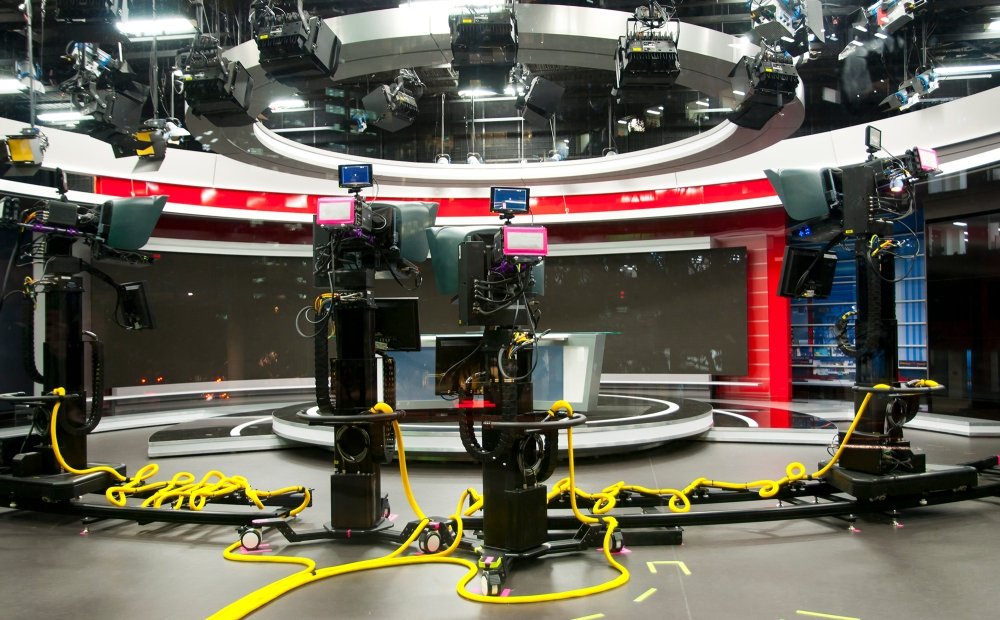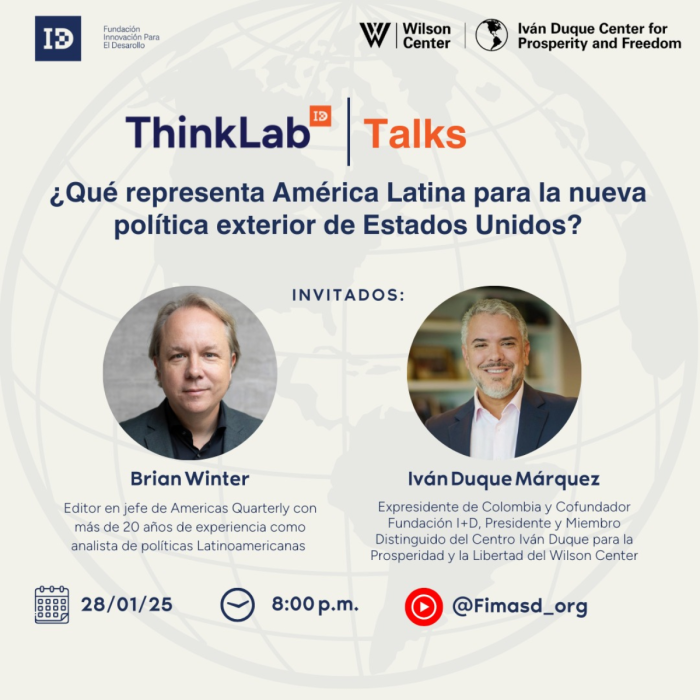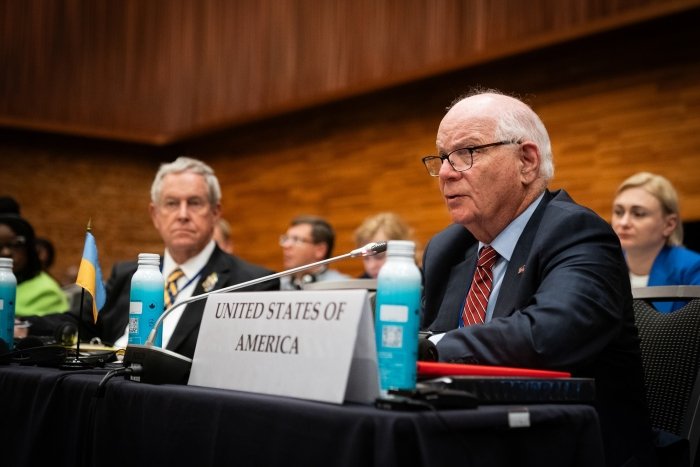Ground Truth Briefing | China's COVID-19 Diplomacy in the Middle East

COVID-19 is the newest tie that binds both China and the Middle East. This burgeoning relationship, once based in bilateral oil trade, has been gaining pace in recent years as China has championed its Belt and Road Initiative and the countries of the region have turned towards diversification in both economics and external political support. This partnership has entered a new chapter as COVID-19 has gripped the world. The past few months of Chinese-Middle Eastern discourse have been characterized by an outpouring of mutual support paired with deliveries of medical aid. The seemingly sturdy bridge of Chinese-Middle Eastern trade has been rocked by fluctuating Chinese consumption of oil and the chaotic price drops. What impact has COVID-19 had on Chinese-Middle Eastern ties, and what have the countries involved done to mitigate the fallout?
Selected Quotes
Jonathan Fulton
“When the COVID crisis started in Wuhan, in the Gulf you’d see a lot of these partner countries sending aid, sending medical equipment, sending money to China – China was a recipient of support. Once China seemed to get it under control in Wuhan and [COVID-19] started to spread first in Iran and then throughout the rest of the Gulf, that dynamic changed. China became a donor.” 13:05
“The relationship often gets described as “Chinese consumer products for oil,” and I think that’s… a very limited way of looking at it. China’s got a huge financial infrastructure in the Middle East; they’ve got a lot of banks, a lot of investment companies, they have a very big expatriate population – beyond that, they’re also the biggest external source of FDI to the Middle East, the biggest trade partner of most countries in the Middle East. So I think what’s happening, especially in the Gulf, countries that are trying to diversify their economies beyond this single source, oil-dominant economy, to a more sustainable one.” 17:00
Jacopo Scita
“If we had to identify one feature that defines China-Iran partnership, it is that it is an instinctively unbalanced relationship. Of course, there’s a structural reason, which is that China is a great power [and] Iran is a middle power, but at the same time, there’s a second reason which is more exogenous… that works as a catalyst of this imbalance, and that is Iran’s international isolation.” 26:00
I would say that COVID-19 exposed and fostered a series of patterns and evidence that were already in place, and for this reason I’d say that the immediate impact of the COVID-19 pandemic on China-Iran relations is that of an accelerator or a catalyst.” 30:00
Speakers


Introduction

Moderator

Foreign Affairs Specialist, Office of Deputy Assistant Secretary of Defense for Middle East
Hosted By

Middle East Program
The Wilson Center’s Middle East Program serves as a crucial resource for the policymaking community and beyond, providing analyses and research that helps inform US foreign policymaking, stimulates public debate, and expands knowledge about issues in the wider Middle East and North Africa (MENA) region. Read more


Kissinger Institute on China and the United States
The Kissinger Institute works to ensure that China policy serves American long-term interests and is founded in understanding of historical and cultural factors in bilateral relations and in accurate assessment of the aspirations of China’s government and people. Read more


